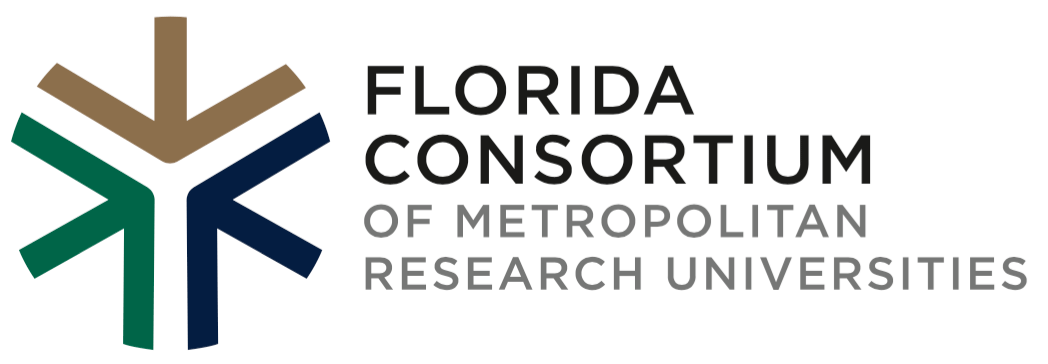
At the Florida Consortium we are constantly working to understand the higher education landscape and its impact on students and the economy.
Typically, our collaborative efforts are intended to anticipate what’s ahead. However, 2020 has challenged higher education in many ways. We've been asking ourselves, "is our current state of play a preview of the world we will find when we ring in 2021?" There have been two major events that have impacted the workplace and those of us who inhabit it. The first is theCOVID-19 global pandemic. The second, are the protests surrounding the death of George Floyd. While both have direct social implications, both have also impacted the workplace too.
Recently, Deloitte, the global consultancy released their Future of Work Accelerated report. This piece provides a snapshot of the post-COVID workplace. Here are some major observations included within the report:
- The rise of automation has been widely theorized, but it begs the question, will COVID-19 speed up automation and the adoption of cognitive technology?
- Employers are analyzing new employee productivity models. As more employees work from home, will this shift impact productivity and social interactions in the workplace?
- Furthermore, with more employees working from home, will federal and state policies in terms of worker’s rights be impacted?
- In the longer term, and as new outbreaks come along, what work environment supports and aligns with overall public health?
Beyond the mechanics of work, discussions on well-being are taking place and will likely impact the future of work equation. The global pandemic has served as a catalyst for employers to think more critically about the conditions they place their employees in. Some employers are actively analyzing traditional work environments and schedules. Many wonder if pre COVID-19 work environments were counterproductive. Perhaps flexible schedules and a workplace that places a value on wellness warrants further consideration.
Concurrently, the outcry and civic engagement surrounding the Black Lives Matter movement have highlighted inequalities in the workplace and questionable corporate actions. Here at the Florida Consortium we are thinking about how these very issues impact campus communities. What we have concluded is that the skills each student acquires and develops is going to be critical in terms of navigating the workplace of the future. More robust partnerships between cities, employers, and universities will be needed in. And if we expand the idea of what work is, we must build more inclusive relationships.
Throughout out the past four months, we have begun to model that workplace of the future and showcase the skills that will be in demand. For example, we created a series of online meetups for higher education professionals to share best practices. We have also facilitated a faculty network focused on remote instruction and remote labs. Finally, we are working with our labor market data analytics partners on credentials of the future and how universities can deliver them at scale. For example, EMSI’s Resume Optimizer helps users match their skills to the skills desired across hundreds of careers. This tool can help students craft a resume and cover letter based on their desired career outcomes and employer needs. Over time and with adoption, this may result in a more efficient process.
In closing, back in 2009 Jeanne Meister and Karie Willyerd authored The 2020 Workplace. In the book they described a workplace that is much like the one we have right now. Their informative narrative emphasized the need for a skilled labor force through higher education. They surmised that credentials coupled with the ability to articulate those skills would make workers all but recession proof. The future is uncertain. However, we do know, that in time many jobs will return. Will communities have the labor force to meet the needs of the new world?


